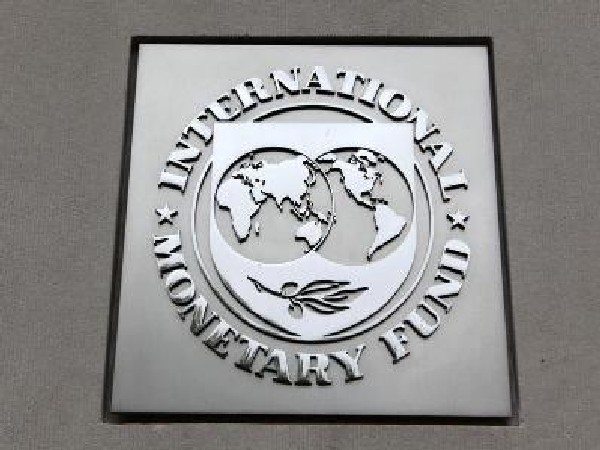IMF staff, Ukraine reach deal that could pave way for $700 mln disbursement
International Monetary Fund staff and Ukraine have reached an agreement on economic reforms that will pave the way for a first review of the country's 18-month stand-by arrangement and its request for an extension through the end of June, the IMF said in a statement. It said completion of the first review of the $5 billion arrangement, now slated to expire in December, would enable disbursements of about $700 million to the country.

International Monetary Fund staff and Ukraine have reached an agreement on economic reforms that will pave the way for a first review of the country's 18-month stand-by arrangement and its request for an extension through the end of June, the IMF said in a statement.
It said completion of the first review of the $5 billion arrangement, now slated to expire in December, would enable disbursements of about $700 million to the country. The agreement and the request for program extension are subject to approval by IMF management and the executive board, which is expected to address the matter in November.
Ukraine signed the $5 billion IMF program last year but the loans were effectively frozen over concerns about reforms. IMF staff conducted remote discussions with the Ukrainian authorities from Sept. 21 to Oct. 18.
Ivanna Vladkova Hollar, who led the virtual mission, said the two sides reached agreement on an updated set of economic, financial, and structural policies to help address the economic and health crisis caused by COVID-19, while maintaining macroeconomic and financial stability, reducing vulnerabilities, and tackling key obstacles to private investment. She said the program was focused on returning fiscal policies to settings consistent with medium-term debt sustainability while protecting vulnerable populations, strengthening revenue administration, and reducing risks from "quasi-fiscal operations," including in the energy sector, while safeguarding central bank independence and reducing inflation.
Other goals included reviving sound bank lending to the private sector, tackling corruption and moving forward with judicial reform; and improving the business climate, the IMF said.
(This story has not been edited by Devdiscourse staff and is auto-generated from a syndicated feed.)
- READ MORE ON:
- Ukrainian
- Ukraine
- International Monetary Fund










